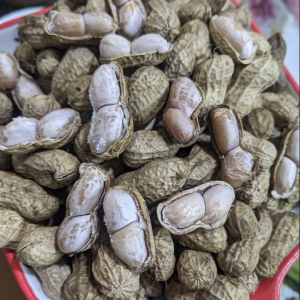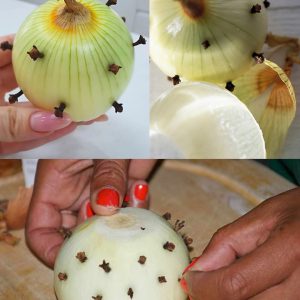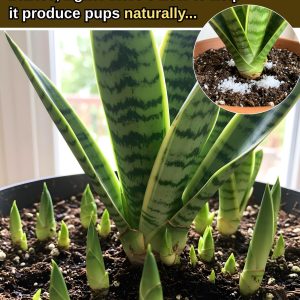We love lemons for their freshness, tangy flavor, and endless culinary uses. But most of the time, the seeds end up in the trash without a second thought. Surprisingly, these small seeds hold a wealth of potential and can be transformed into valuable allies for your home and garden.
From growing your own lemon tree to making eco-friendly household solutions, here’s how to give lemon seeds a second life.
Grow Your Own Lemon Tree

Dreaming of a touch of greenery on your balcony or a small indoor garden? Germinating your own lemon seeds is easier than you think.
Here’s a simple method:
- Rinse the seeds to remove any pulp.
- Dry them, then carefully peel off the thin outer layer using tweezers.
- Place the seeds on damp cotton wool in a small container and store them in a warm place.
- After a few days, tiny roots will appear. Replant the sprouted seeds in a pot filled with soil, keeping them in a bright spot (but away from direct sunlight).
A Natural Insect Repellent

If mosquitoes and flies are bothering you, lemon seeds can help keep them away naturally.
How to make it:
- Grind the seeds and mix them with a small amount of water.
- Pour the mixture into a spray bottle.
- For a stronger repellent effect, add a few drops of lemongrass or lavender essential oil.
- Spray around doors, windows, and other entry points to reduce insect presence without harsh chemicals.
A Fresh and Eco-Friendly Air Freshener
Want to freshen up your closets or car with a natural citrus scent? Lemon seeds can be transformed into a simple air freshener.
How to use them:
- Lightly crush the seeds.
- Mix them with dried lemon zest.
- Place the mixture into a small fabric bag or even a spare sock.
This sachet will release a pleasant citrus fragrance. Alternatively, you can boil the seeds in water, add a tablespoon of household alcohol, and pour the mixture into a spray bottle for a natural room spray.
A Natural Thickener for Homemade Jams

Lemon seeds are rich in pectin, a natural fiber that helps thicken jams and jellies without artificial additives.
During cooking:
- Place a few seeds into a small cheesecloth bag or an empty tea filter.
- Add the bag to your fruit mixture while it simmers.
- The result: A firmer, more natural texture in your jams—perfect for strawberry, raspberry, or apricot preserves.
A Zero-Waste Tip to Adopt
Using lemon seeds is not just practical—it’s an eco-friendly gesture. By finding new uses for something often discarded, you reduce waste and make the most of what nature provides.
In Summary

The next time you squeeze a lemon, think twice before throwing away the seeds. They can help you grow a new plant, naturally repel insects, freshen your home, and even improve your homemade jams.
A small seed, many possibilities.




